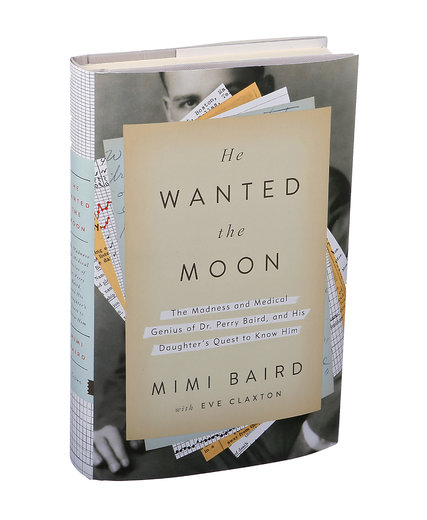Tags
An Election Day Success, Colorado voting, David Leonhardt, FiveThirtyEight, Lee Drutman, NYTimes, NYtimes Daily Briefing, Universal System of Voting by Mail, Vote at Home, Voting by Mail

From today’s NYTimes Daily Briefing by David Leonhardt:
An Election Day Success:
Voters didn’t have to wait in long lines. Turnout was high. And result were available shortly after the polls closed.
Sounds almost too good to be true, doesn’t it?
It’s not. It is a description of yesterday’s primary in Colorado.
The sate avoided the miserable lines that voters in Georgia and Wisconsin recently endured — lines that are a waster of time and, even worse, a health risk during a pandemic.
And, unlike in Kentucky and New York, Colorado, didn’t take a week or more to count its ballots. It began counting before Election Day. After polls closed at 7 p.m., people quickly knew that John Hickenlooper had won the Demoncratic nomination in a closely watched Senate race.
Colorado accomplished all of this thanks to a universal system of voting by mail, which began in 2014. The state sends a ballot to every registered voter weeks before Election Day. Voters can return the ballot by mail, so long as it arrives by Election Day, or can drop it off at any of one of a dozen voting centers.
People can also vote in person, but fewer than 6 per cent of voters do so in a typical election, said Amber McReynolds, the former head of elections in Denver, who now runs Vote at Home, an advocacy group. The atmosphere at Denver polling places yesterday, she told me, was calm as can be.
Hawaii, Oregon, Utah and Washington also created universal vote-by-mail systems before the pandemic struck. In all these dates, turnout has increase, with no net benefit for either party. Many other states are trying to expand mail voting this year, although often without universal mailing of ballots or as many drop-off locations as Colorado has.
What stuck me most about this article was what I learned when I pursued Leonardt’s statement that there was “no net benefit for either party.”
*Check out FiveThirtyEight’s extensive look at this issue: There Is No Evidence That Voting By Mail Gives One Party An Advantage by Lee Drutman.




